The human cost of sanctions
Whether you like the Iran nuclear deal or not, you should be able to admit this positive: It will dramatically improve the quality of life of ordinary Iranians
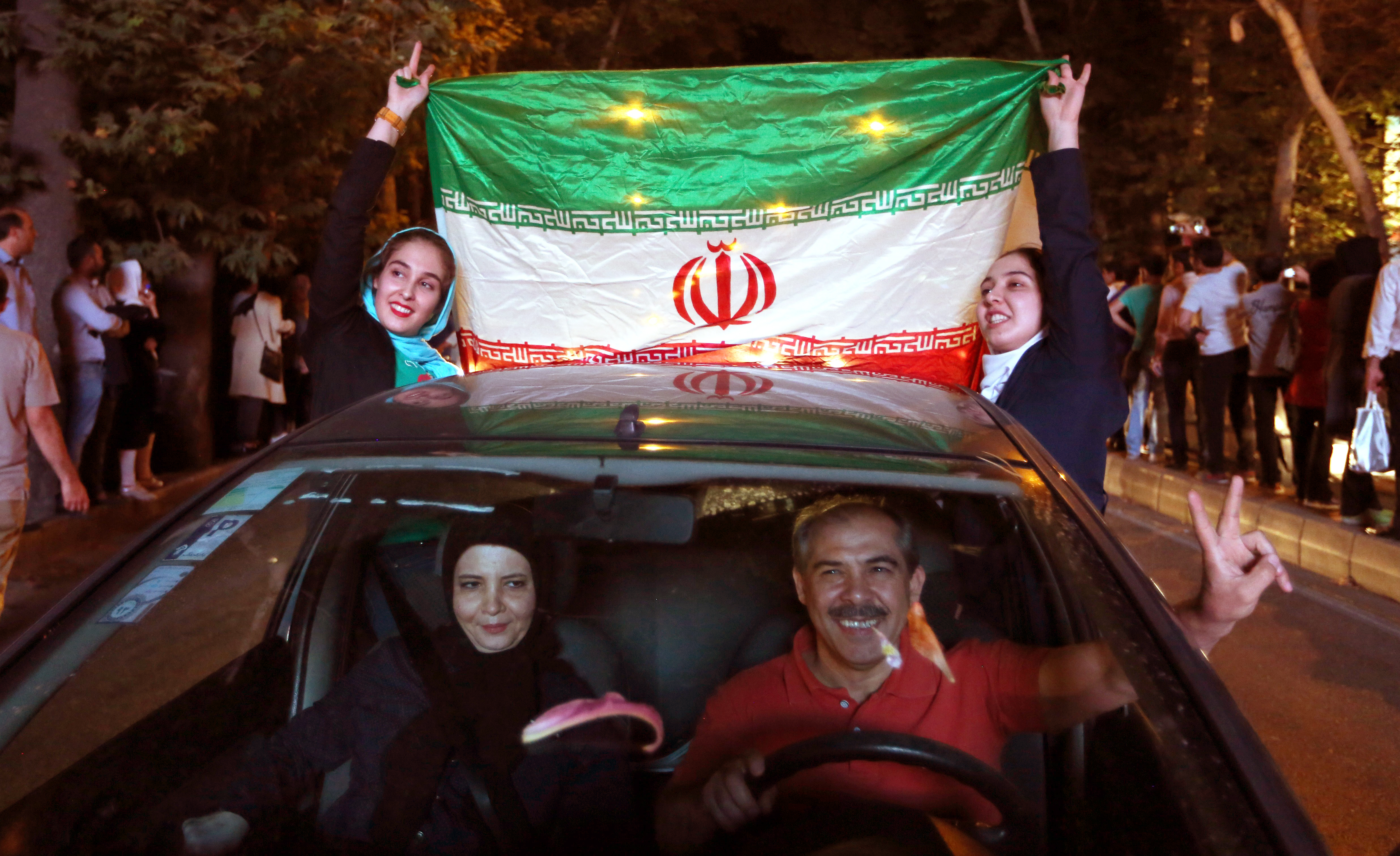

In late 2012, a handful of mostly non-American news outlets covered the death of Manouchehr Esmaili-Liousi, a 15-year-old Iranian boy from a nomadic tribe in the southern region of the country. Manouchehr suffered from hemophilia, a blood disorder which, when left untreated, can result in patients bleeding to death because their blood simply will not clot.
The boy would have been able to manage his disease with access to the right medicines. But some 75 percent of hemophilia drugs are manufactured in the United States and the United Kingdom. And thanks to Western sanctions on Iran, the medicine Manouchehr needed to stay alive was not available in his country.
His death is a single documented example of a much bigger, but underreported, problem: The American-led sanctions program against Iran, which dates to 1979 and includes a wide range of prohibitions, has significantly reduced the average Iranian's quality of life. Western policies have resulted in shortages and high prices for key commodities like food, fuel, and, yes, medicine and medical equipment.
Subscribe to The Week
Escape your echo chamber. Get the facts behind the news, plus analysis from multiple perspectives.

Sign up for The Week's Free Newsletters
From our morning news briefing to a weekly Good News Newsletter, get the best of The Week delivered directly to your inbox.
From our morning news briefing to a weekly Good News Newsletter, get the best of The Week delivered directly to your inbox.
"Because of sanctions, we're extremely worried for the health of our patients suffering from hemophilia," said Ahmad Ghavidel, managing director of Iran's Hemophilia Center, when he announced Manouchehr's death three years ago. He added: "When the West bans the world's banks from completing transactions with our banks, imports of medicine will suffer from serious disruptions."
Hemophilia patients like Manouchehr are hardly the only ones affected: Drugs for cancer, tetanus, multiple sclerosis, and blood disorders like thalassaemia are also in short supply, as are treatment options for patients with kidney problems that require dialysis. Fatemeh Hashemi of Iran's Charity Foundation for Special Diseases argues this is "all because of sanctions against banks or problems with transferring foreign currency." Though some research has suggested the Iranian government is also partially to blame, it is clear that Western sanctions are the primary culprit.
President Obama has all but boasted that American sanctions "crippled the Iranian economy." What he fails to mention is which Iranians have borne the brunt of our economic attack. As Sheldon Richman argues at Reason, what has been crippled is not some abstract economy but "the lives of innocent Iranians, who have had a difficult time obtaining food and medicines. The sanctions regime is a form of warfare against noncombatants."
Indeed, far from targeting the political elite, our sanctions have made life worse for Iran's poor and middle class. Iranian-American filmmaker Beheshteh Farshneshani explained in The New York Times in 2013:
A free daily email with the biggest news stories of the day – and the best features from TheWeek.com
In Iran the impact of sanctions has been devastating. Over the last year and a half, families living in poverty rose from 22 percent to more than 40 percent, [Iran's currency] the Rial plummeted at least 40 percent, and the price of food regularly consumed by Iranians — for example, milk, tea, fruits, and vegetables — skyrocketed. Moreover, the health of millions of Iranians has been compromised due to the shortage of western medical drugs and supplies. Asian replacements have proved ineffective and often result in severe side effects. [The New York Times]
These sanctions never magically produced a democratic Iranian government eager to comply with Washington's every request and respect its citizens' every right. This ought not surprise us: By one estimate, only 4 percent of sanctions achieve their desired result, while most merely impose "significant human costs on the populations of target states, including on innocent civilians who have little influence on their government's behavior."
This is why the announcement of a completed nuclear deal, which lifts these punishing sanctions in exchange for Tehran curtailing its nuclear program, has Iranians literally celebrating in the streets, dancing, and snapping selfies. "For ages now sanctions have really had an effect, hopefully the lifting of them will have a positive impact on people's lives," said one Iranian woman.
We in the United States should share the same hope. This deal presents a way to keep Iranian kids like Manouchehr from dying of treatable diseases, while making daily life easier and more affordable for all Iranians. So while there is undoubtedly plenty of room for disagreement on the merits of the Iran deal, the prospect of removing sanctions that are hurting innocent civilians is cause for joy.
In 1996, former Secretary of State Madeleine Albright infamously said the death of 500,000 children in Iraq because of U.N. sanctions was "worth it." In 2015, we may have the chance to more humanely say a deal is "worth it" to avoid repeating that tragic mistake.
Bonnie Kristian was a deputy editor and acting editor-in-chief of TheWeek.com. She is a columnist at Christianity Today and author of Untrustworthy: The Knowledge Crisis Breaking Our Brains, Polluting Our Politics, and Corrupting Christian Community (forthcoming 2022) and A Flexible Faith: Rethinking What It Means to Follow Jesus Today (2018). Her writing has also appeared at Time Magazine, CNN, USA Today, Newsweek, the Los Angeles Times, and The American Conservative, among other outlets.
-
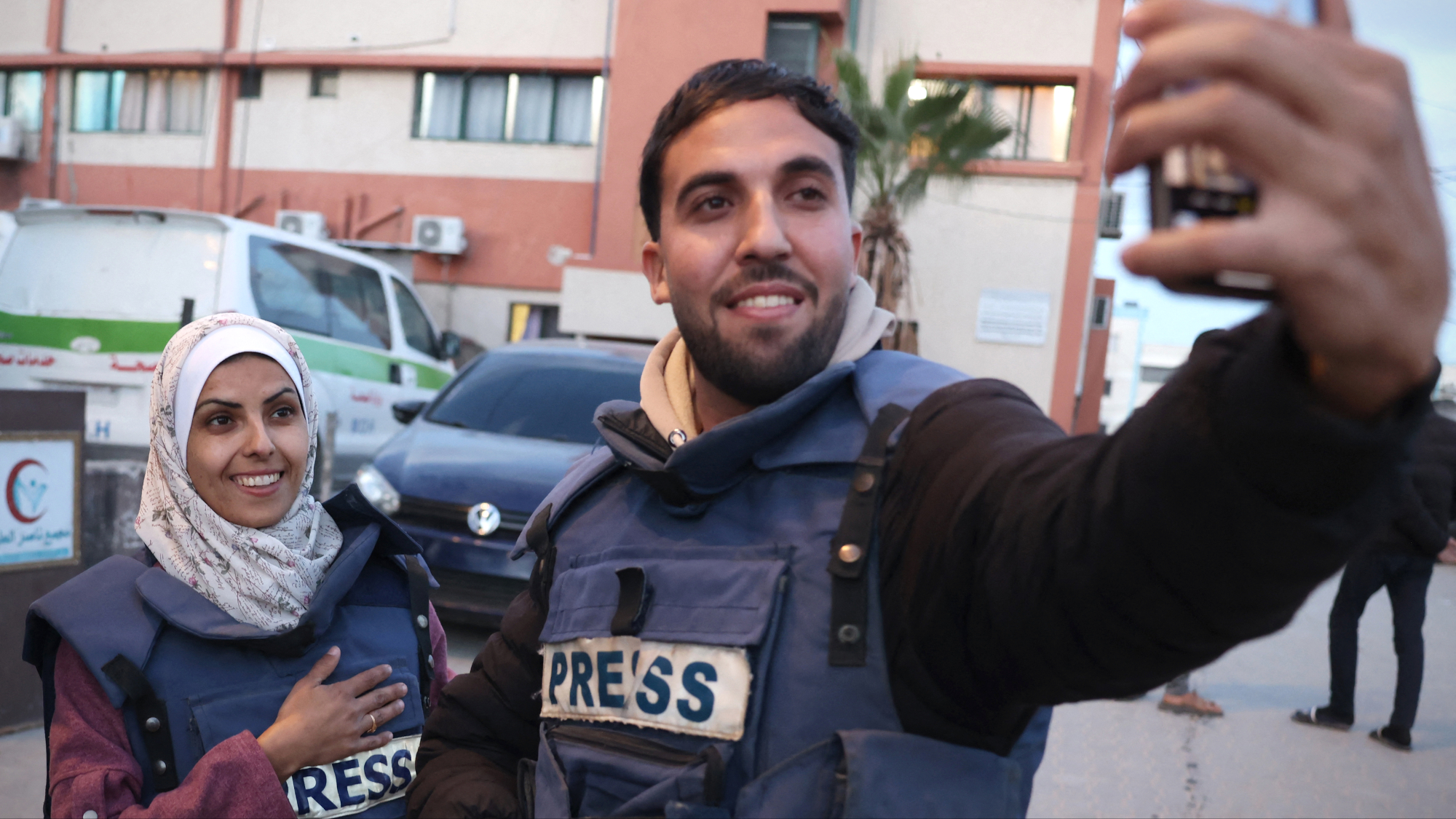 Israeli double strike on Gaza hospital kills 20
Israeli double strike on Gaza hospital kills 20Speed Read The dead include five journalists who worked for The Associated Press, Reuters and Al Jazeera
-
 Trump expands National Guard role in policing
Trump expands National Guard role in policingSpeed Read The president wants the Guard to take on a larger role in domestic law enforcement
-
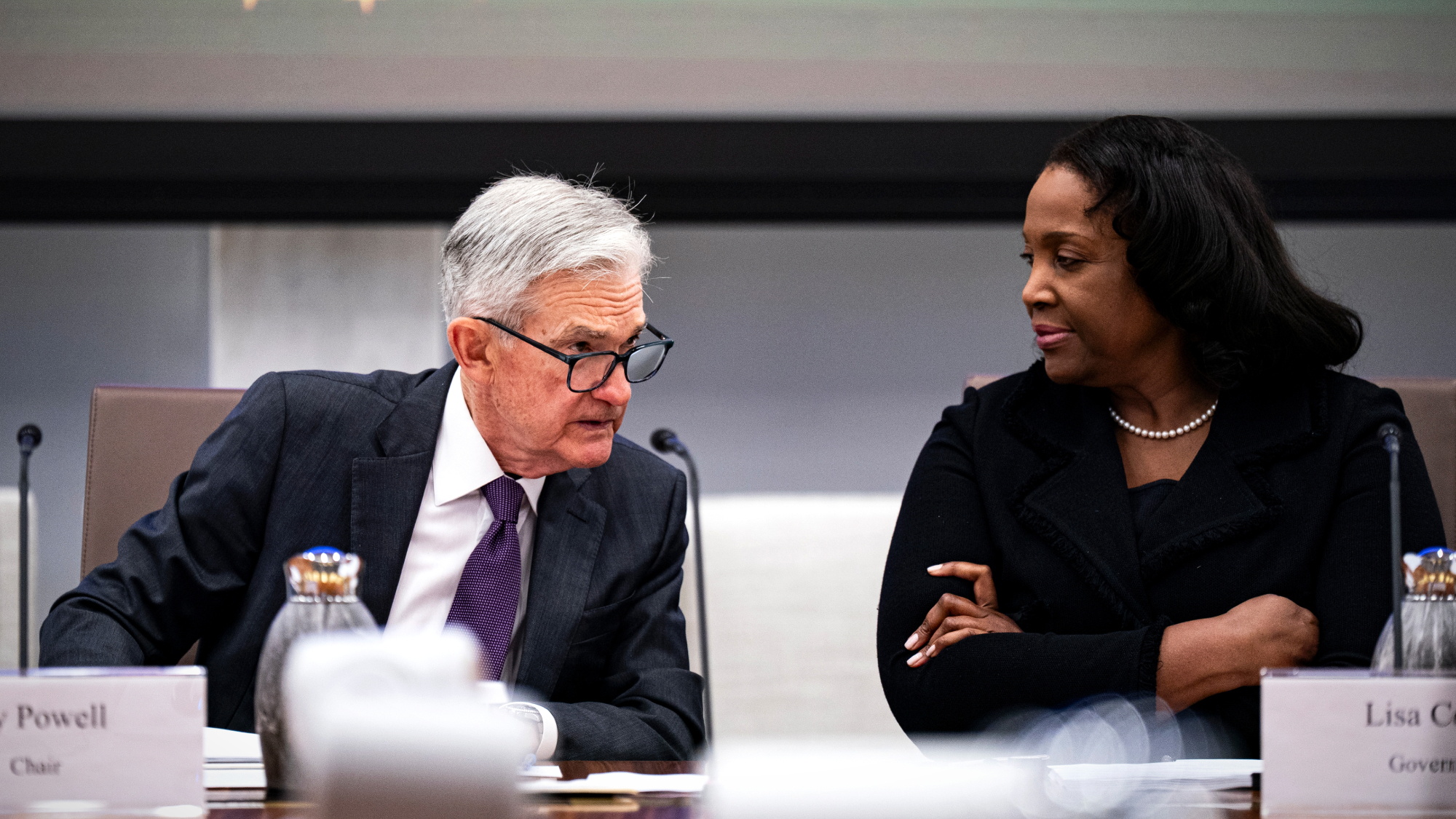 Trump says he's firing Federal Reserve Governor Lisa Cook
Trump says he's firing Federal Reserve Governor Lisa CookSpeed Read The move is likely part of Trump's push to get the central bank to cut interest rates
-
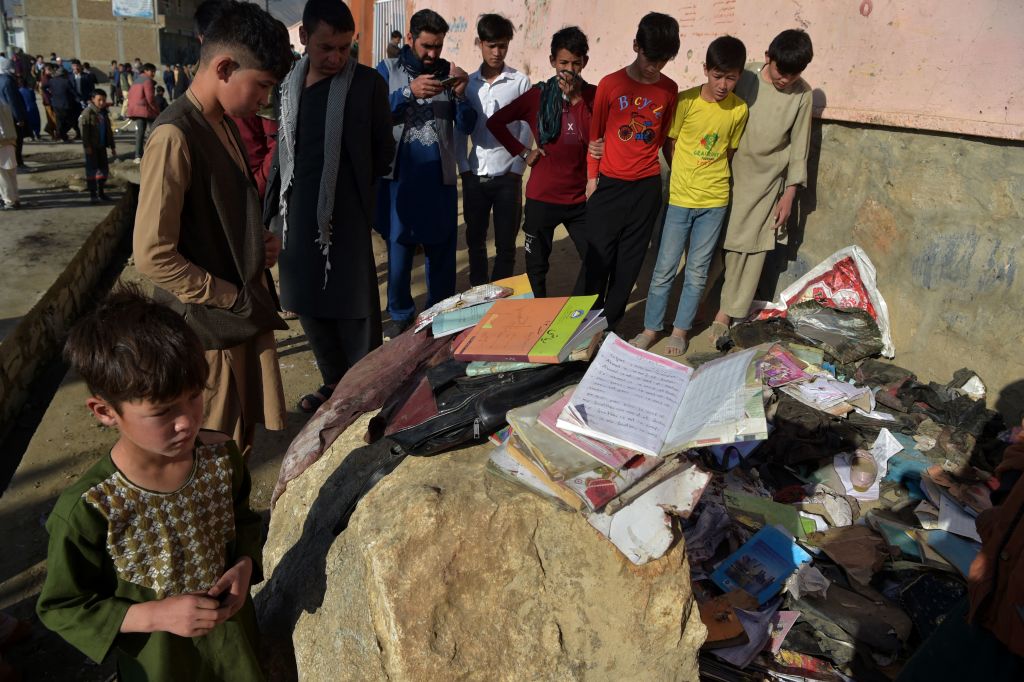 Bombing at girls' school in Kabul kills at least 50, including students
Bombing at girls' school in Kabul kills at least 50, including studentsSpeed Read
-
 Garland says DOJ is 'pouring its resources' into stopping domestic terrorists 'before they can attack'
Garland says DOJ is 'pouring its resources' into stopping domestic terrorists 'before they can attack'Speed Read
-
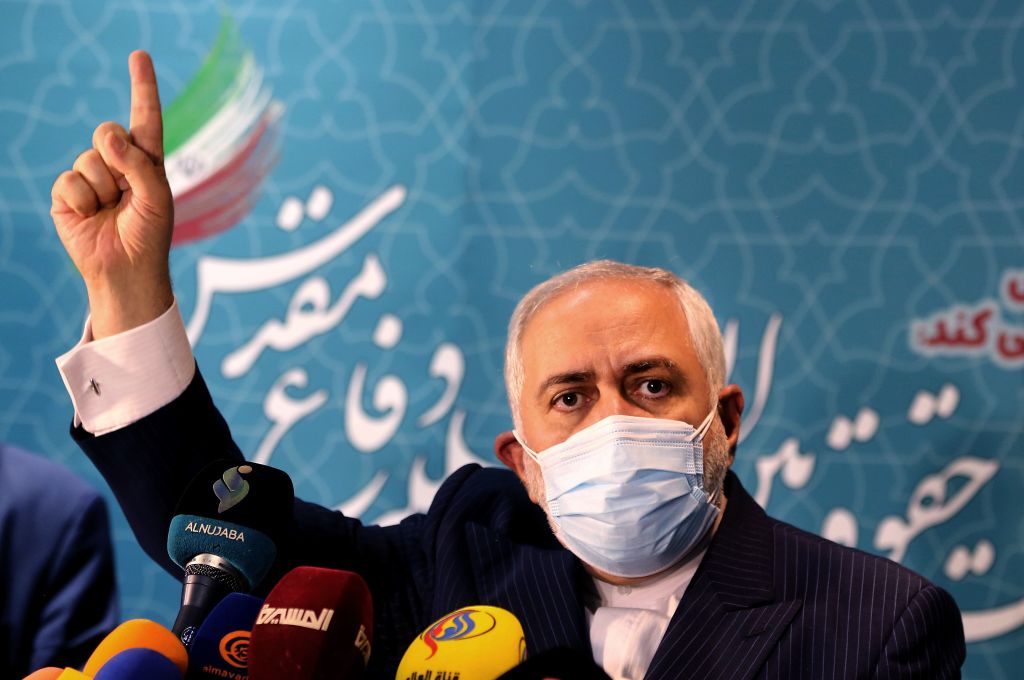 Suspected Israeli cyberattack on Iranian nuclear site complicates U.S.-Iran nuclear deal talks
Suspected Israeli cyberattack on Iranian nuclear site complicates U.S.-Iran nuclear deal talksSpeed Read
-
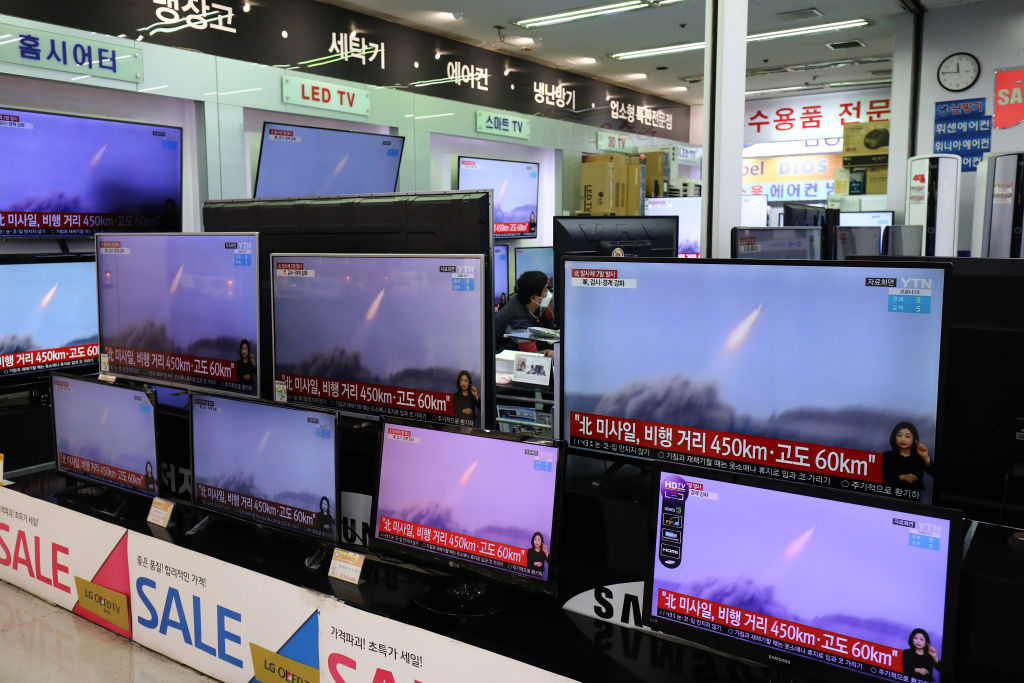 North Korea fires 2 ballistic missiles into sea
North Korea fires 2 ballistic missiles into seaSpeed Read
-
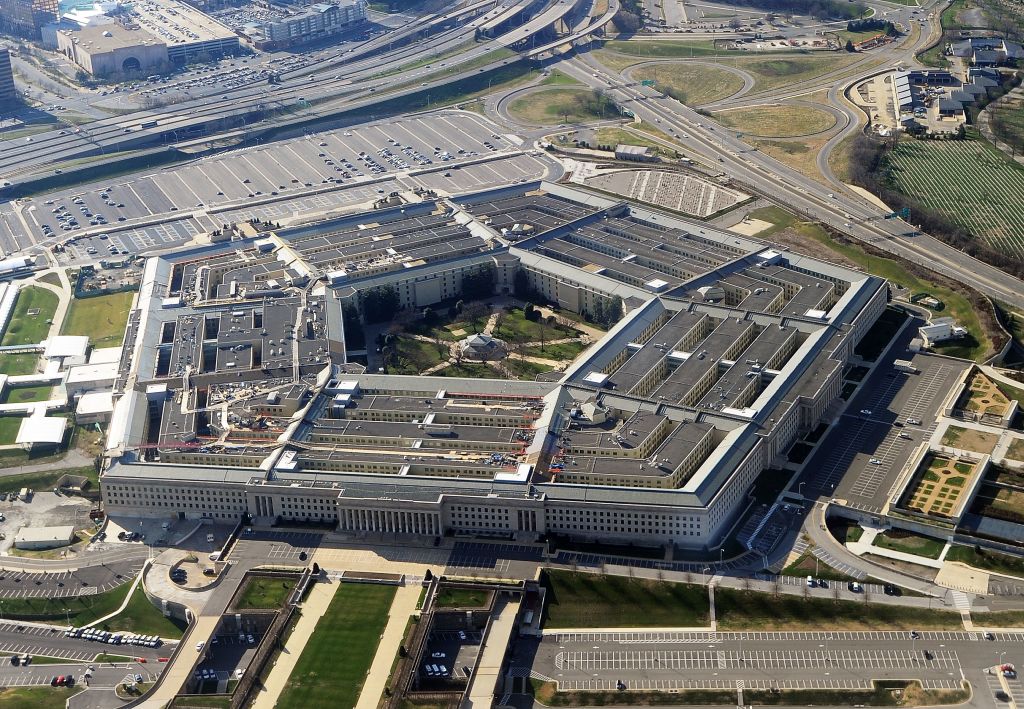 U.S. airstrikes target Iranian-backed militia facilities in Syria
U.S. airstrikes target Iranian-backed militia facilities in SyriaSpeed Read
-
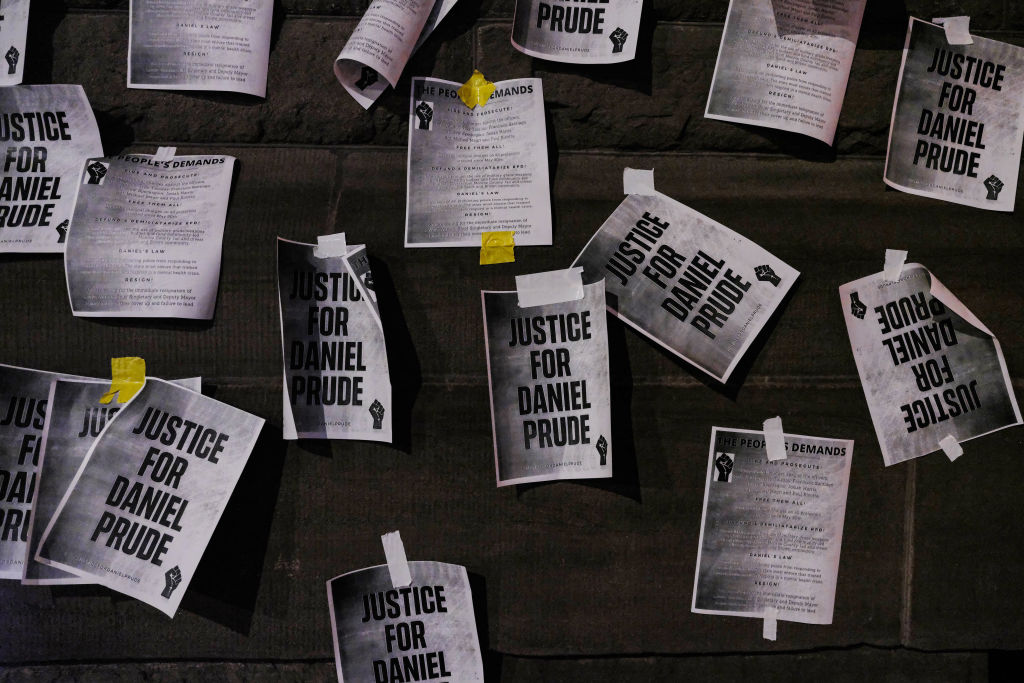 Rochester police who killed Daniel Prude during mental health crisis won't face charges
Rochester police who killed Daniel Prude during mental health crisis won't face chargesSpeed Read
-
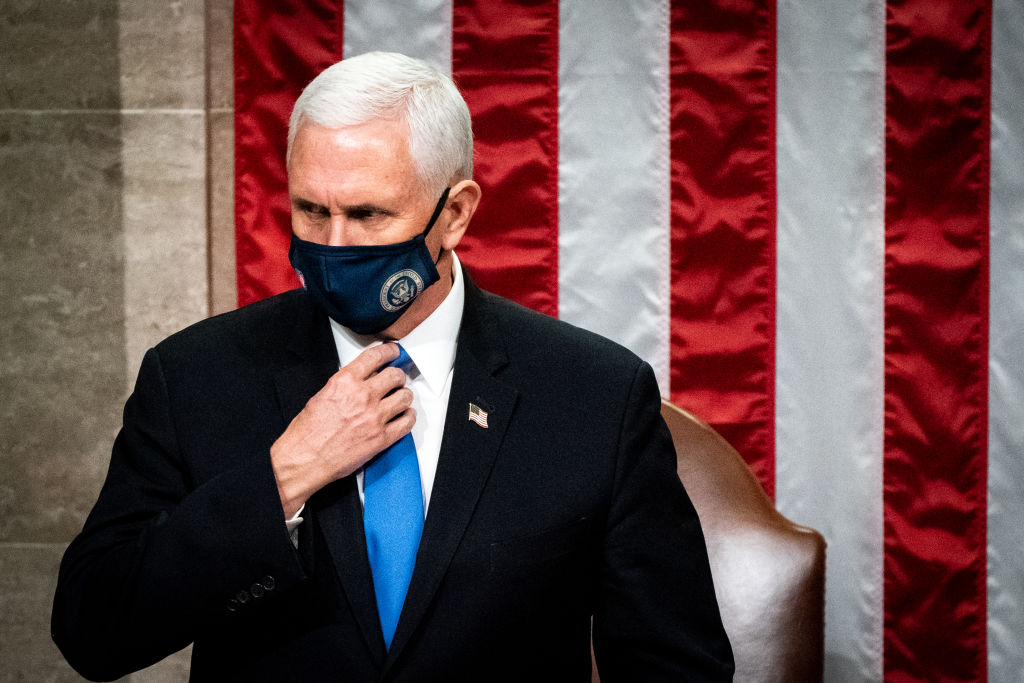 Mike Pence's 'nuclear football' was also apparently at risk during the Capitol siege
Mike Pence's 'nuclear football' was also apparently at risk during the Capitol siegeSpeed Read
-
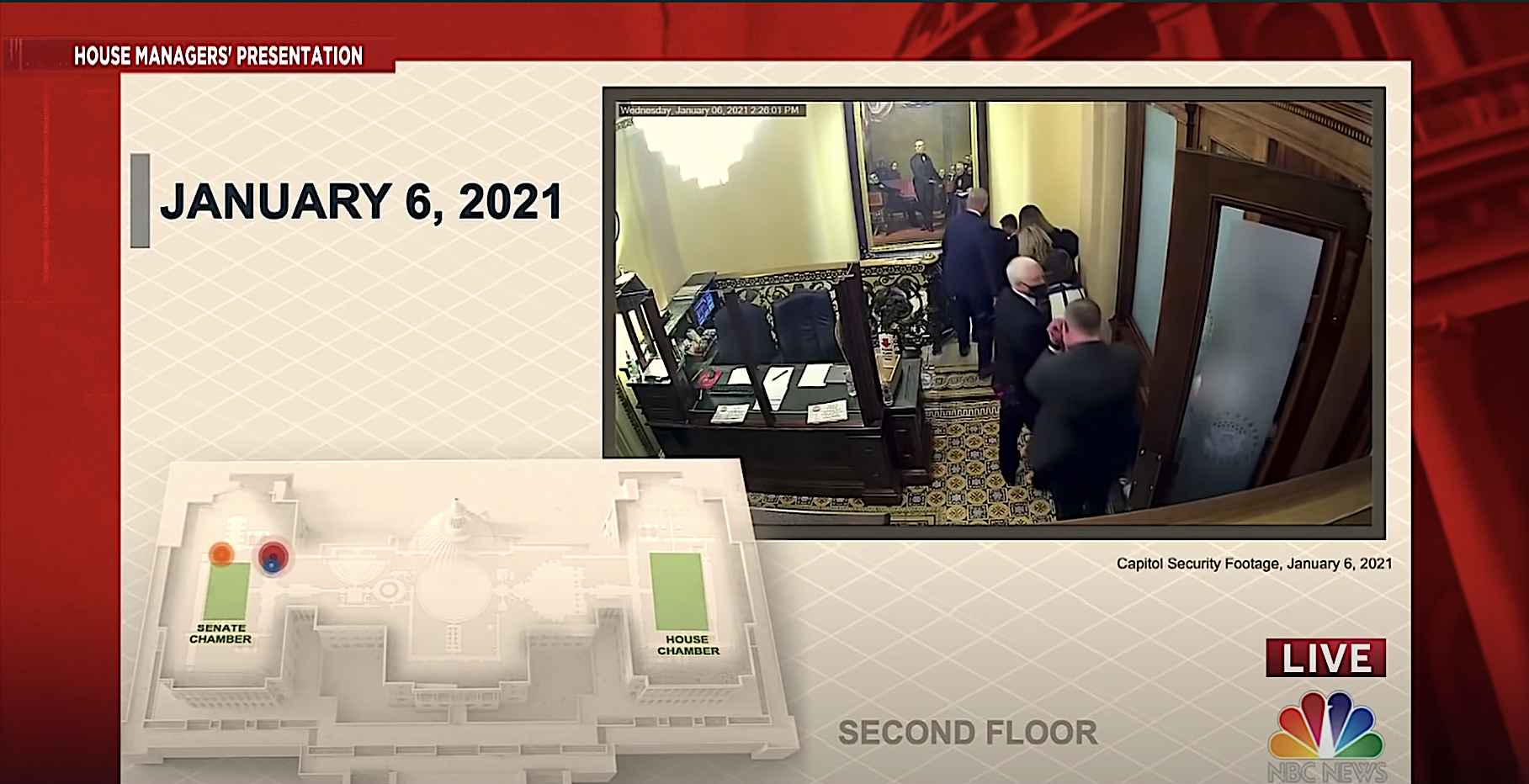 Trump publicly attacked Pence during the Capitol riot knowing Pence was in trouble, GOP senator suggests
Trump publicly attacked Pence during the Capitol riot knowing Pence was in trouble, GOP senator suggestsSpeed Read
